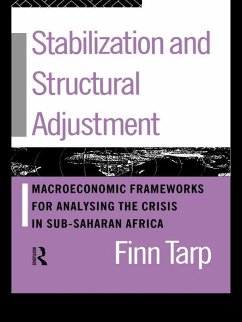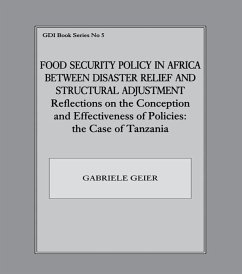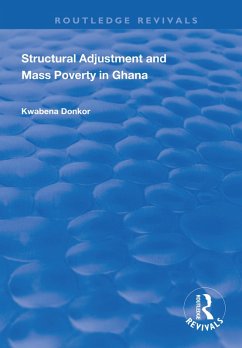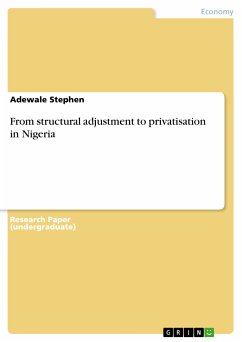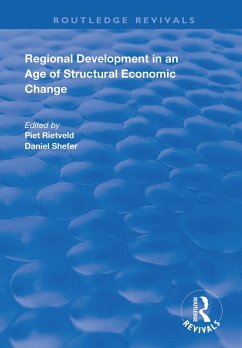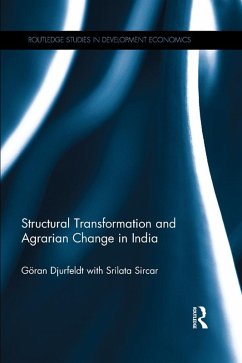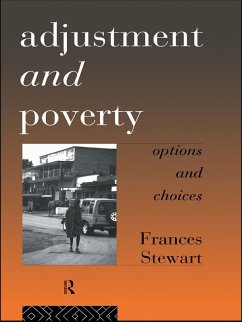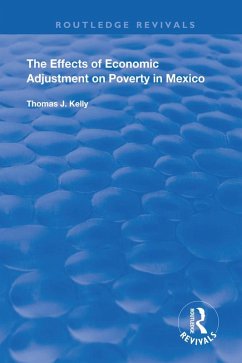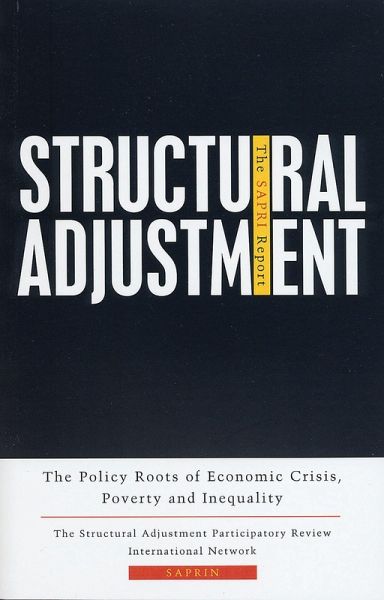
Structural Adjustment (eBook, ePUB)
The SAPRI Report: The Policy Roots of Economic Crisis, Poverty and Inequality

PAYBACK Punkte
15 °P sammeln!
Structural adjustment programmes are the largest single cause of increased poverty, inequality and hunger in developing countries. This book is the most comprehensive, real-life assessment to date of the impacts of the liberalisation, deregulation, privatisation and austerity that constitute structural adjustment. It is the result of a unique five year collaboration among citizens' groups, developing country governments, and the World Bank itself. Its authors, the members of the Structural Adjustment Participatory Review International Network (SAPRIN), reveal the practical consequences for man...
Structural adjustment programmes are the largest single cause of increased poverty, inequality and hunger in developing countries. This book is the most comprehensive, real-life assessment to date of the impacts of the liberalisation, deregulation, privatisation and austerity that constitute structural adjustment. It is the result of a unique five year collaboration among citizens' groups, developing country governments, and the World Bank itself. Its authors, the members of the Structural Adjustment Participatory Review International Network (SAPRIN), reveal the practical consequences for manufacturing, small enterprise, wages and conditions, social services, health, education, food security, poverty and inequality. The stark conclusion emerges: if there is to be any hope for meaningful development, structural adjustment and neoliberal economics must be jettisoned.




